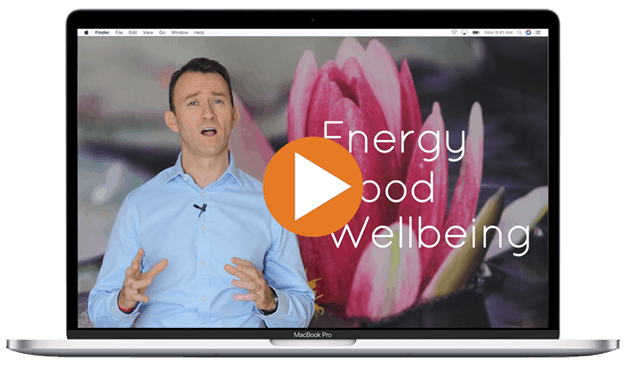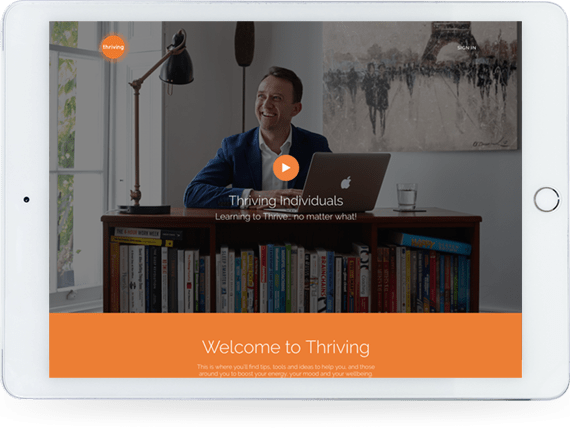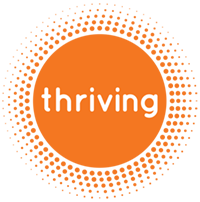Imposter Syndrome
How to overcome feeling like an imposter and build confidence
Have you ever wondered if you’re just not good enough?
Well if you have, you’re not alone … lack of confidence or Imposter Syndrome affects 70% of us. It’s even more common since lockdown.
For individuals it can have a negative affect on our mental wellbeing, personal relationships and performance at work. For organisations it can lead to suboptimal performance.
This month we’re delighted to introduce John Binns, ex Deloitte Partner, vice chair of Mind and one of the bravest people you’re ever likely to meet. He reveals how Imposter Syndrome was a key factor in his own breakdown.
In this month’s KYTA video John shares how you can VAniSH Imposter Syndrome for good and what leaders can do to build a healthier culture where people feel they belong and are valued.
To help you get more personal benefit from this video … we’re launching a new Imposter Syndrome thrivinar led by the inspirational John Binns.
This interactive virtual keynote brings this video to life and will help you to sustain peak performance and create a healthy entrepreneurial culture. If you’d like to learn more about our thrivinars you can book a quick chat here
We’d love to learn what you found most useful, please do share your comments below.
In the meantime..
Be well!
Mark
Share on LinkedIn

New to thriving ?
Sign up to become a thriving Insider and we’ll send you Mark’s meditation as a direct download straight away. We’ll also send you a video to help you to Keep Your Thrive Alive once every month, with tips and techniques to boost your mood, your energy and your wellbeing.

Would you like to be thriving more of the time?
You can now access thriving Individuals, our 5 module online coaching programme, from the comfort and safety of your home. Tens of thousands of people are now thriving more of the time and you can too, at a time, place and pace to suit you! You can find out more and join them here.

9 Comments
As always a very useful video. I shall begin to look for more similarities with others and will also ty to ask for help and see it as a strength and not a weakness.
I found the encouragement to ask for help the most useful, it’s still the last thing I do even though its the first thing I tell other people to do. But I am getting better 🙂
Thankyou – hugely appreciate of the value of this share. Thank you for focusing your personal energy and skills on insightful pieces with human kindness that make a positive difference to individuals and organisations
As always a great interview Mark and you can sense the extraordinary good that John has brought to corporate culture. I have to admit that I don’t think I have personally ever suffered from imposter syndrome (maybe because I have always believed in the necessity of asking for help) but I have seen the syndrome so many times and never knew how to help my good friends who were trying to deal with it. Now through this interview you have given me some tools to use and thus I hope I can help some others; it is so prevalent in our work culture and is damaging on many levels. Thank you both.
Very true, Mark. I might have had one myself. Thanks for sharing this helpful video
Great interview Mark. Very insightful
Great honest interview.
Really helpful stuff thank you !
Great video Mark, and some great tips. In my experience the strongest people are the one’s least likely to ask for help and are those very high achievers working so hard to keep proving that they do deserve to be there. Asking for help is not a failing – a great point.